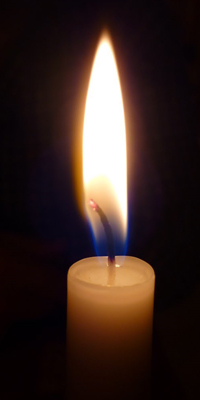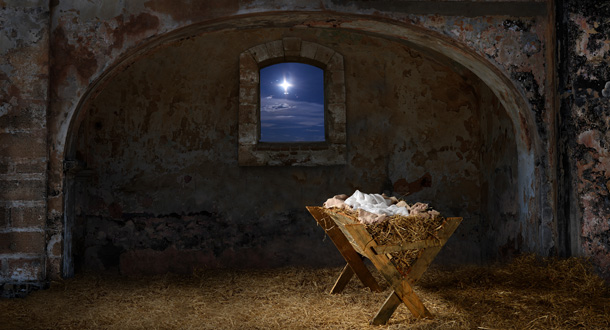 Scripture:
Scripture:
Isaiah 26:1-6
Mattehw 7:21, 24-27
Reflection:
The local university offers a course on ultimate questions. As a Pastor, the one big question people ask in my ministry is the assurance of going to heaven. It seems no matter how much is written on topics of salvation, free will, and God’s grace, few will read them. Most people don’t read theological treatise, nor do they trust the variety of opinions from a plethora of websites. Neither one gives the assurances they are looking for. So, when today’s Gospel is proclaimed in the liturgical cycle, it can be a little disconcerting. “Not everyone who says to me, ‘Lord, Lord,’ will enter the Kingdom of heaven.” And if the image of going to the kingdom was much like climbing a ladder to the ultimate destination, I suspect there are those good Christians who wouldn’t think twice about stepping on someone else’s fingers in their great ascent.
Pope Francis perpetually reminds and challenges the understanding that the Kingdom of heaven is not membership into a group of religious elite. He forever reminds us of our need to be in solidarity with the poor through which we find transformation. And he does so by proclaiming the simplicity of the Gospel. Another example happened just this past weekend. Last Sunday, Pope Francis published his Apostolic Letter on the meaning and importance of the nativity scene. Highlighting in simplistic ways the elements of grace which come to us: Retelling details of the Christmas story, building and encouraging family traditions, gazing upon something with wonder and joy, reflecting on God’s plan just to name a few. Here is a short excerpt from Pope Francis’ latest Apostolic Letter, Admirabile Signum.
The enchanting image of the Christmas crèche, so dear to the Christian people, never ceases to arouse amazement and wonder. The depiction of Jesus’ birth is itself a simple and joyful proclamation of the mystery of the Incarnation of the Son of God. The nativity scene is like a living Gospel rising up from the pages of sacred Scripture. As we contemplate the Christmas story, we are invited to set out on a spiritual journey, drawn by the humility of the God who became man in order to encounter every man and woman. We come to realize that so great is his love for us that he became one of us, so that we in turn might become one with him.
He concludes with thoughts of the crèche bringing elements of unity.
Beginning in childhood, and at every stage of our lives, it teaches us to contemplate Jesus, to experience God’s love for us, to feel and believe that God is with us and that we are with him, his children, brothers and sisters all, thanks to that Child who is the Son of God and the Son of the Virgin Mary. And to realize that in that knowledge we find true happiness.
Returning again to Matthew’s Gospel, what is asked of us is to listen to the words of Jesus and act on them. This is both the contemplative and active stances of our faith. This house which then is built on rock stands through the storms. Pope Francis’ invitation for people of all ages to make time this Advent for the nativity scene in our families’ life is formational and evangelistic and just so simple.
Fr. David Colhour, C.P. is the pastor of St. Agnes Parish in Louisville, Kentucky.

 Scripture:
Scripture: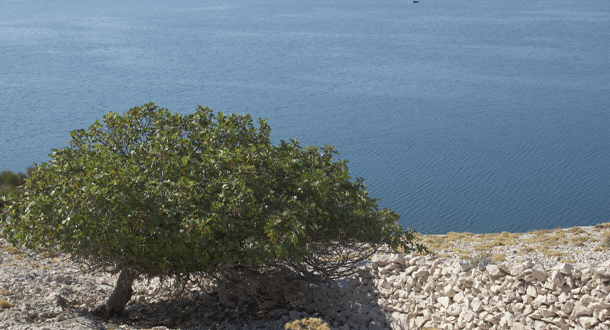 Scripture:
Scripture: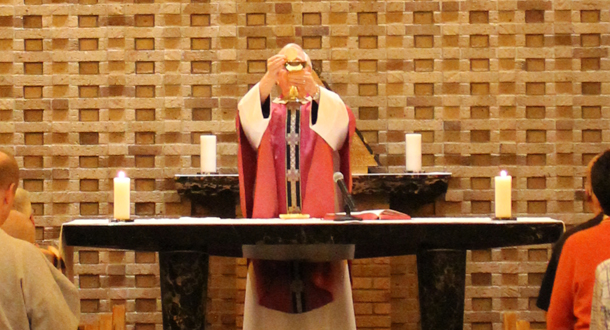 Scripture:
Scripture:
 Scripture:
Scripture: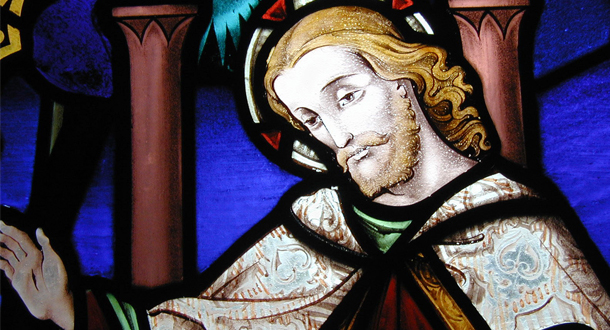 Scripture:
Scripture: